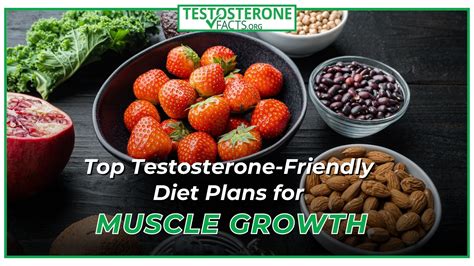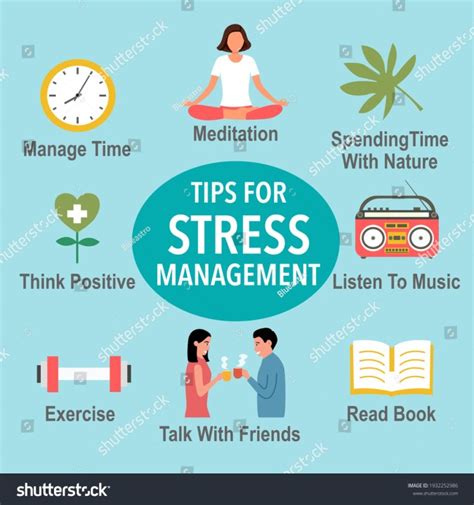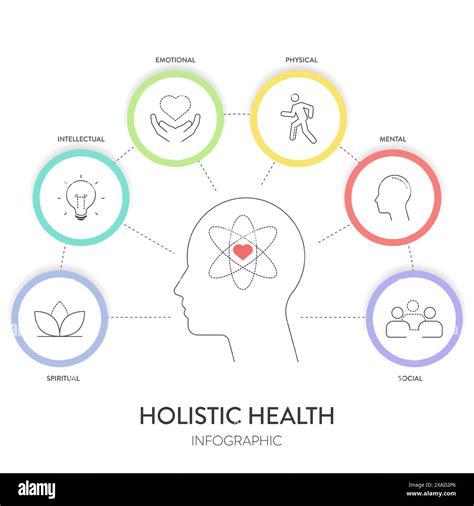How to naturally boost testosterone for peak energy & focus?

Understanding Testosterone’s Role in Energy and Focus
Testosterone, often associated primarily with male libido and muscle mass, plays a far more expansive role in overall health, impacting everything from energy levels and mood to cognitive function and bone density. As men age, testosterone levels naturally decline, but various lifestyle factors can also contribute to suboptimal levels, leading to symptoms like persistent fatigue, difficulty concentrating, reduced motivation, and even a dip in mood. Fortunately, several natural approaches can help optimize your body’s testosterone production, unlocking your potential for peak energy and laser-sharp focus.
Fuel Your Body: The Nutritional Foundation
Your diet is a cornerstone of hormone health. To support healthy testosterone levels, focus on a balanced intake of macronutrients and essential micronutrients:
- Healthy Fats: Cholesterol is a precursor to testosterone, so don’t shy away from healthy fats. Include sources like avocados, olive oil, nuts, seeds, and fatty fish (salmon, mackerel).
- Quality Protein: Adequate protein intake supports muscle mass, which is linked to testosterone. Opt for lean meats, poultry, eggs, fish, and plant-based proteins like legumes and tofu.
- Crucial Micronutrients: Zinc, Vitamin D, and Magnesium are particularly important. Zinc is vital for testosterone production, Vitamin D acts like a steroid hormone in the body, and Magnesium improves free testosterone levels. Get these from red meat, shellfish, leafy greens, nuts, and sun exposure (for Vitamin D).
- Limit Processed Foods and Sugar: These can lead to inflammation and insulin resistance, both of which negatively impact testosterone.

Move Your Body: Exercise for Hormonal Harmony
Regular physical activity is a powerful testosterone booster, but not all exercise is created equal:
- Strength Training: Lifting weights, especially compound exercises like squats, deadlifts, bench presses, and rows, has been consistently shown to increase testosterone. Aim for 3-4 sessions per week.
- High-Intensity Interval Training (HIIT): Short bursts of intense exercise followed by brief recovery periods can also stimulate testosterone production and improve overall fitness.
- Avoid Overtraining: While exercise is good, excessive endurance training or chronic overtraining without adequate recovery can actually lower testosterone and increase cortisol (the stress hormone).
Prioritize Rest: The Power of Sleep
Sleep deprivation is a silent killer of testosterone. Studies show that even a week of restricted sleep can significantly reduce testosterone levels in healthy young men. Aim for 7-9 hours of high-quality sleep per night. To improve sleep hygiene:
- Stick to a consistent sleep schedule.
- Create a dark, cool, and quiet sleep environment.
- Limit screen time before bed.
- Avoid caffeine and heavy meals late in the evening.

Master Stress: Taming Cortisol
Chronic stress elevates cortisol levels, which has an inverse relationship with testosterone; as cortisol goes up, testosterone often goes down. Managing stress is crucial for maintaining hormonal balance:
- Mindfulness and Meditation: Regular practice can significantly reduce stress and anxiety.
- Nature Exposure: Spending time outdoors can lower stress hormones.
- Hobbies and Relaxation: Engage in activities you enjoy to de-stress and unwind.
- Deep Breathing Exercises: Simple techniques can calm the nervous system.

Smart Lifestyle Choices and Selective Supplementation
Beyond the core pillars, other lifestyle factors can influence testosterone:
- Maintain a Healthy Weight: Obesity, particularly abdominal fat, can convert testosterone into estrogen.
- Limit Alcohol Consumption: Excessive alcohol intake can disrupt hormone production.
- Avoid Endocrine Disruptors: Be mindful of plastics (BPA, phthalates) and certain chemicals in personal care products that can interfere with hormone function.
- Consider Natural Supplements (with caution): Certain natural ingredients like Ashwagandha, Fenugreek, and D-Aspartic Acid have shown promise in some studies for supporting testosterone levels. Always consult a healthcare professional before starting any new supplement regimen.

When to Seek Professional Guidance
While natural methods are powerful, it’s essential to consult a doctor if you suspect consistently low testosterone levels. Blood tests can confirm levels, and a healthcare professional can rule out underlying medical conditions and provide personalized advice, especially if you’re considering supplementation or other interventions.
Conclusion: A Holistic Path to Vitality
Boosting testosterone naturally is not about quick fixes; it’s about adopting a holistic approach to your health. By consistently prioritizing a nutrient-rich diet, effective exercise, sufficient sleep, and stress management, you can create an optimal environment for your body to produce testosterone. The reward? Not just improved energy and focus, but a significant enhancement in overall vitality, mood, and quality of life.










